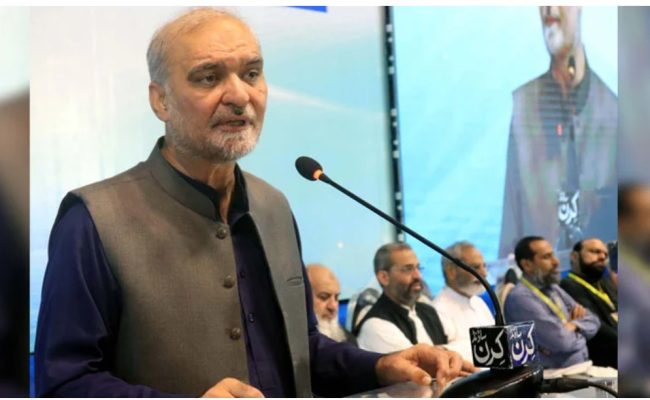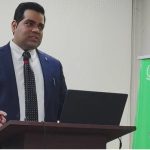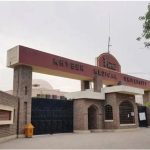Jamaat-e-Islami (JI) Emir Hafiz Naeemur Rehman on Sunday expressed grave concerns over the widening gap in access to quality education, stating that it has been pushed out of reach for middle and lower-income groups. Addressing thousands of young aspirants appearing in the JI’s Bano Qabilaptitude test at Nishtar Park, he criticized the country’s corrupt governance system for perpetuating inequality and depriving the poor of their rights.
Rehman blamed Pakistan’s woes on a hyper-elite minority that dominates governance, alleging that this class has manipulated the system to its advantage. He claimed that 90 percent of legislative assembly members are trillionaires, while 98 percent of the population struggles to find a path to prosperity. He lamented the commodification of education, pointing out that nations cannot progress when education is treated as a business rather than a right.
Highlighting the disconnect between policy and practice, he criticized the Pakistan Peoples Party (PPP), pointing out that despite Sindh’s education budget exceeding Rs. 481 billion, no PPP leader or government official is willing to send their children to public schools. This, he argued, underscores the poor state of the public education system.
Rehman also denounced the lack of basic necessities such as water and electricity for the masses. He declared that feudal lords in the assemblies would no longer be allowed to dictate the fate of the people.
JI’s Contribution to Education
On a more optimistic note, the JI chief discussed the achievements and future goals of the Bano Qabil programme, which has expanded from Karachi to a national level. He announced that over the next two years, free IT courses would be provided to one million young people. Additionally, the JI plans to launch degree programmes to further its educational initiatives.
JI Karachi Emir Monem Zafar and Alkhidmat CEO Naveed Ali Baig also addressed the event, emphasizing the role of education in empowering the youth.
Press Conference in Hyderabad
A day earlier, Rehman held a press conference in Hyderabad, where he addressed various national issues, including the Parachinar massacre. He criticized both the Khyber Pakhtunkhwa and federal governments for failing to maintain peace in the tribal areas. He dismissed the incident as a communal issue, urging the government to uncover the forces behind the violence.
Rehman questioned the origins of weapons found in the hands of dacoits in Sindh’s Katcha areas and criticized PPP Chairman Bilawal Bhutto Zardari for failing to protect the Hindu community, despite his public gestures of solidarity.
He also accused the PPP of hypocrisy, pointing out that although the party is not part of the federal cabinet, it holds significant constitutional positions as a member of the Pakistan Democratic Movement (PDM). He alleged that PPP co-chairman Asif Ali Zardari had approved six canals on the Indus River in July 2024, only to later protest against the federal government regarding water distribution.
Criticism of Political and Electoral Systems
Rehman warned that reducing Sindh’s water share could create severe challenges. He accused the PPP of misleading the public and called out the broader political system for being orchestrated by the establishment, which he claimed creates and sustains leaders who fail to deliver once in power.
Rehman asserted that the JI would never rely on the establishment to gain power, unlike the PPP, which he described as a crumbling party that would collapse without establishment support.
He also criticized the state of democracy in Sindh, pointing to irregularities in local body elections, where 30 percent of candidates were elected unopposed and the rest of the seats were allegedly rigged. He extended this criticism to the broader electoral process, citing past instances of manipulation through Form 47.
Call to Action
Rehman urged the youth to support the JI’s struggle against corruption and injustice, emphasizing the need for a transparent and equitable system to replace the current flawed governance model. He reaffirmed JI’s commitment to working for the people without bowing to external influences, making it clear that the party stands for genuine change.
The JI chief concluded by reiterating his party’s vision for a fairer and more inclusive Pakistan, with education and justice at the forefront of national priorities.







